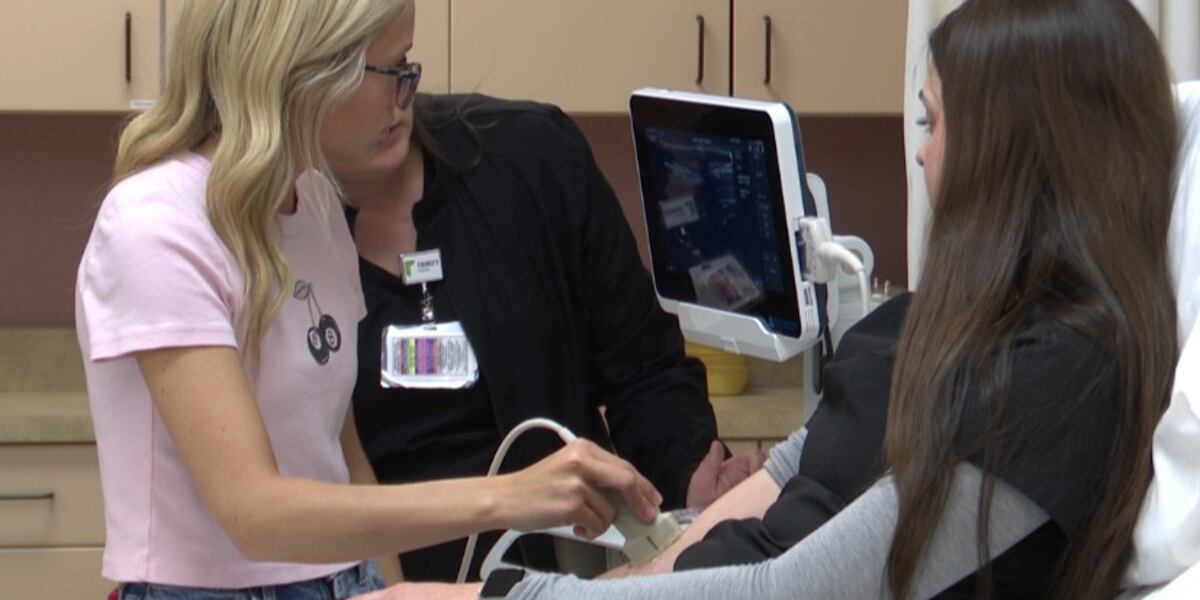Can Albanese Deliver on GP Promise? Bulk-Billing Crisis Tests PM's Pledge

Prime Minister Anthony Albanese made a significant promise to Australians: more affordable and accessible GP visits. But with bulk-billing rapidly declining across the nation, the pressure is on to deliver. The current crisis is testing Albanese's commitment and raising concerns among voters who were swayed by his pledge during the last election.
The Bulk-Billing Breakdown
Bulk-billing, where patients receive Medicare rebates covering the entire cost of a GP visit, has been a cornerstone of the Australian healthcare system for decades. However, recent years have seen a dramatic decline. Rising practice costs, including rent, staff wages, and insurance, combined with inadequate Medicare rebates, have forced many GPs to abandon bulk-billing altogether or significantly reduce the number of bulk-billed appointments they offer.
Data reveals a worrying trend: fewer and fewer GPs are willing to accept Medicare rebates without charging patients a gap fee. This means Australians, particularly those on low incomes or with chronic health conditions, are struggling to access essential healthcare.
Albanese's Promise and the Challenge Ahead
During the 2022 election campaign, Albanese pledged to strengthen bulk-billing and ensure Australians have access to affordable GP care. The promise resonated with voters concerned about rising healthcare costs and the difficulty of seeing a GP without facing a significant financial burden.
However, fulfilling this promise is proving to be a complex challenge. Simply increasing Medicare rebates may not be enough to address the underlying issues driving the decline in bulk-billing. GPs argue that rebates haven't kept pace with the rising cost of running a practice, making bulk-billing unsustainable.
Possible Solutions and Potential Pitfalls
The Albanese government is exploring various options to bolster bulk-billing, including:
- Increased Medicare rebates: A straightforward approach, but requires significant government investment and may not be sufficient on its own.
- Practice incentives: Providing financial incentives for GPs to bulk-bill, particularly in areas with limited access to healthcare.
- Strengthening Medicare compliance: Ensuring GPs are accurately billing Medicare and preventing fraudulent claims.
- Addressing workforce shortages: Attracting and retaining more GPs, especially in rural and regional areas.
Each of these solutions comes with potential pitfalls. Increased rebates could strain the federal budget, while incentives may not be effective if practice costs continue to rise. Addressing workforce shortages is a long-term challenge that requires a multi-faceted approach.
Voter Expectations and Political Stakes
Anthony Albanese's ability to deliver on his GP promise will be a key test of his government's commitment to healthcare. Voters are watching closely, and any perceived failure to address the bulk-billing crisis could damage his standing and impact future election outcomes.
The government faces a delicate balancing act: addressing the concerns of GPs while ensuring Australians have access to affordable healthcare. Finding a sustainable solution that benefits both patients and practitioners will be crucial for Albanese to maintain voter trust and fulfill his election promise.






